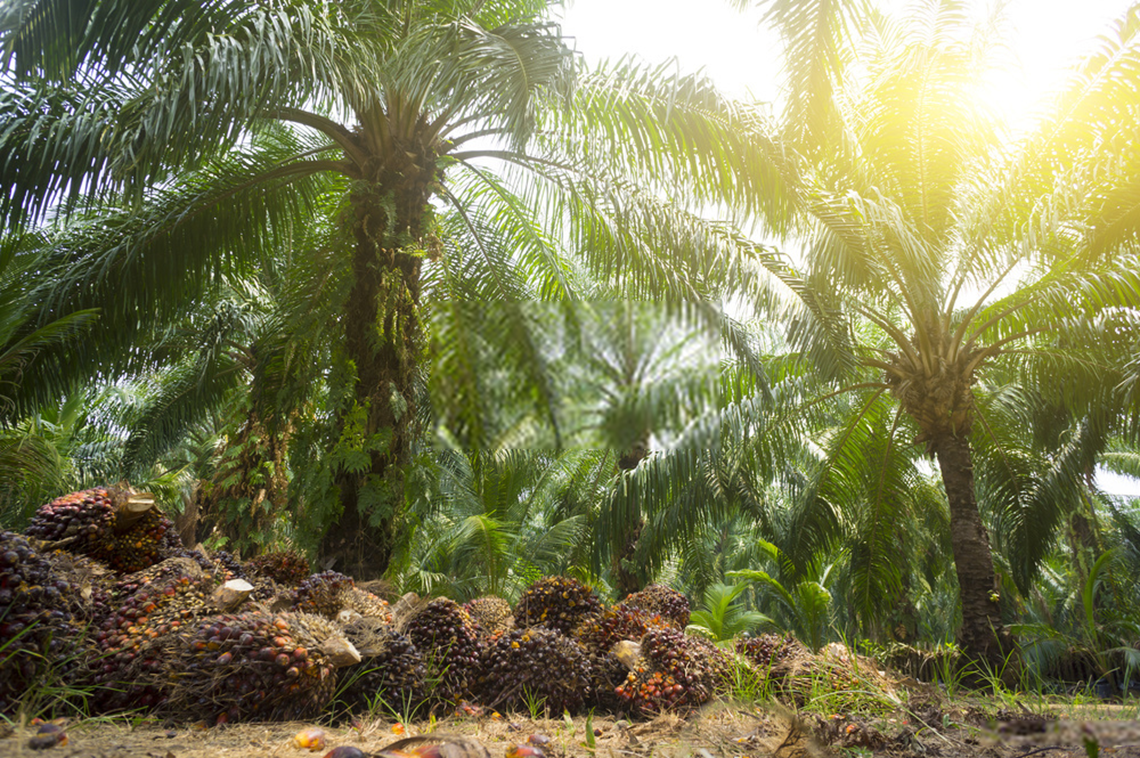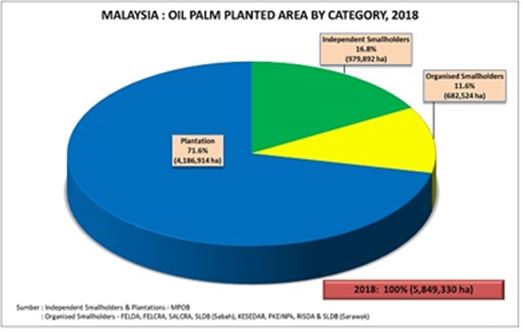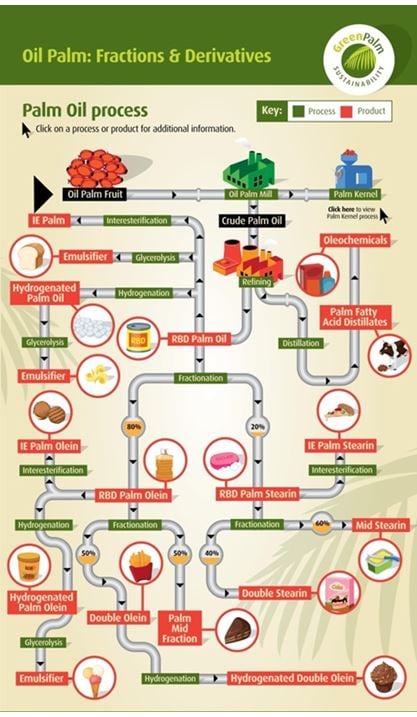
Palm Oil
Malaysia is one the largest producer and exporter of palm oil in the world, accounting for 11% of the world's oils & fats production and 27% of export trade of oils and fats.
Over the years, oil palm has spawned many related industries such as palm oil mills (POM), oil mill machinery manufacturers and suppliers, and oleo-chemical factories. Similar to oil and gas, most palm oil is exported, allowing the palm oil industry to be a big contributor to Malaysia’s Gross Domestic Product (GDP) and foreign exchange. The plantation industry’s well known and sizeable players include Sime Darby Plantation Berhad, IOI Corporation Berhad, Kuala Lumpur Kepong Berhad and Genting Plantations Berhad. Felda has the world's largest palm oil plantations, with 811,140 hectares of palm oil trees in the Malaysian peninsula of Sabah and Sarawak. This company also manages palm oil plantations in Indonesia in cooperation with Rajawali Corp.
However in recent years, prices have dropped and this has caused losses to the less efficient plantations. As at 2018, the total planted area stood at 5.8 million hectares, with more than 19.5 million tonnes of crude palm oil produced.

Other Facts
Oil palm trees will start bearing fruits after 30 months of field planting and will continue to be productive for the next 20 to 30 years; thus ensuring a consistent supply of oils. Each ripe bunch is commonly known as Fresh Fruit Bunch (FFB). In Malaysia, the oil palm trees planted are mainly the tenera variety, a hybrid between the dura and pisifera. The teneravariety yields about 4 to 5 tonnes of crude palm oil (CPO) per hectare per year and about 1 tonne of palm kernels. The oil palm is the most efficient oil-bearing crop in the world, requiring only 0.26 hectares of land to produce one tonne of oil while soybean, sunflower and rapeseed require 2.22, 2 and 1.52 hectares, respectively, to produce the same.
The Roundtable on Sustainable Palm Oil (RSPO) was established in 2004 following concerns raised by non-governmental organizations about environmental impacts resulting from palm oil production. The organization has established international standards for sustainable palm oil production. Products containing Certified Sustainable Palm Oil (CSPO) can carry the RSPO trademark.
Members of the RSPO include palm oil producers, environmental groups, and manufacturers who use palm oil in their products.

Source: www.greenpalm.org